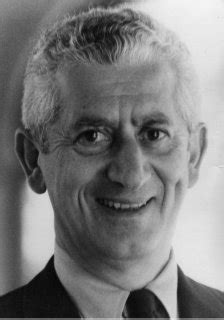A Quote by Shobana
A teacher has to understand the ability and capability of his or her student, their sentiments and varying levels of sensitivity to be able to bring out the best.
Quote Topics
Related Quotes
A good teacher can never be fixed in a routine... each moment requires a sensitive mind that is constantly changing and constantly adapting. A teacher must never impose this student to fit his favourite pattern; a good teacher functions as a pointer, exposing his student's vulnerability and causing him to explore both internally and finally integrating himself with his being. Martial art should not be passed out indiscriminately.
...a student attains 'higher order thinking' when he no longer believes in right or wrong". "A large part of what we call good teaching is a teacher´s ability to obtain affective objectives by challenging the student's fixed beliefs. ...a large part of what we call teaching is that the teacher should be able to use education to reorganize a child's thoughts, attitudes, and feelings.
I believe that horses bring out the best in us. They judge us not by how we look, what we're wearing or how powerful or rich we are, they judge us in terms of sensitivity, consistency, and patience. They demand standards of behavior and levels of kindness that we, as humans, then strive to maintain.
Teacher cannot solve or heal all student stress. The teacher can be vigilant in trying to guide the child toward solutions;but the teacher's job in relation to this stress is ultimately to help the child learn to manage his or her own stress wisely. In accomplishing this, the teacher mentors higher academic learning by removing distracting stress, and teaches valuable life-survival skills.
The high-school English teacher will be fulfilling his responsibility if he furnishes the student a guided opportunity, through the best writing of the past, to come, in time, to an understanding of the best writing of the present. He will teach literature, not social studies or little lessons in democracy or the customs of many lands. And if the student finds that this is not to his taste? Well, that is regrettable. Most regrettable. His taste should not be consulted; it is being formed.
Differentiated Instruction is a teaching philosophy based on the premise that teachers should adapt instruction to student differences. Rather than marching students through the curriculum lockstep, teachers should modify their instruction to meet students' varying readiness levels, learning preferences, and interests. Therefore, the teacher proactively plans a variety of ways to 'get it' and express learning.
The student is half afraid to meet one of the great philosophers face to face. He feels himself inadequate and thinks he will not understand him. But if he only knew, the great man, just because of his greatness, is much more intelligible than his modern commentator. The simplest student will be able to understand, if not all, yet a very great deal of what Plato said; but hardly anyone can understand some modern books on Platonism.
Margaret Mead was both a student of civilization and an exemplar of it. To a public of millions, she brought the central insight of cultural anthropology: that varying cultural patterns express an underlying human unity. She mastered her discipline, but she also transcended it. Intrepid, independent, plain spoken, fearless, she remains a model for the young and a teacher from whom all may learn.

































